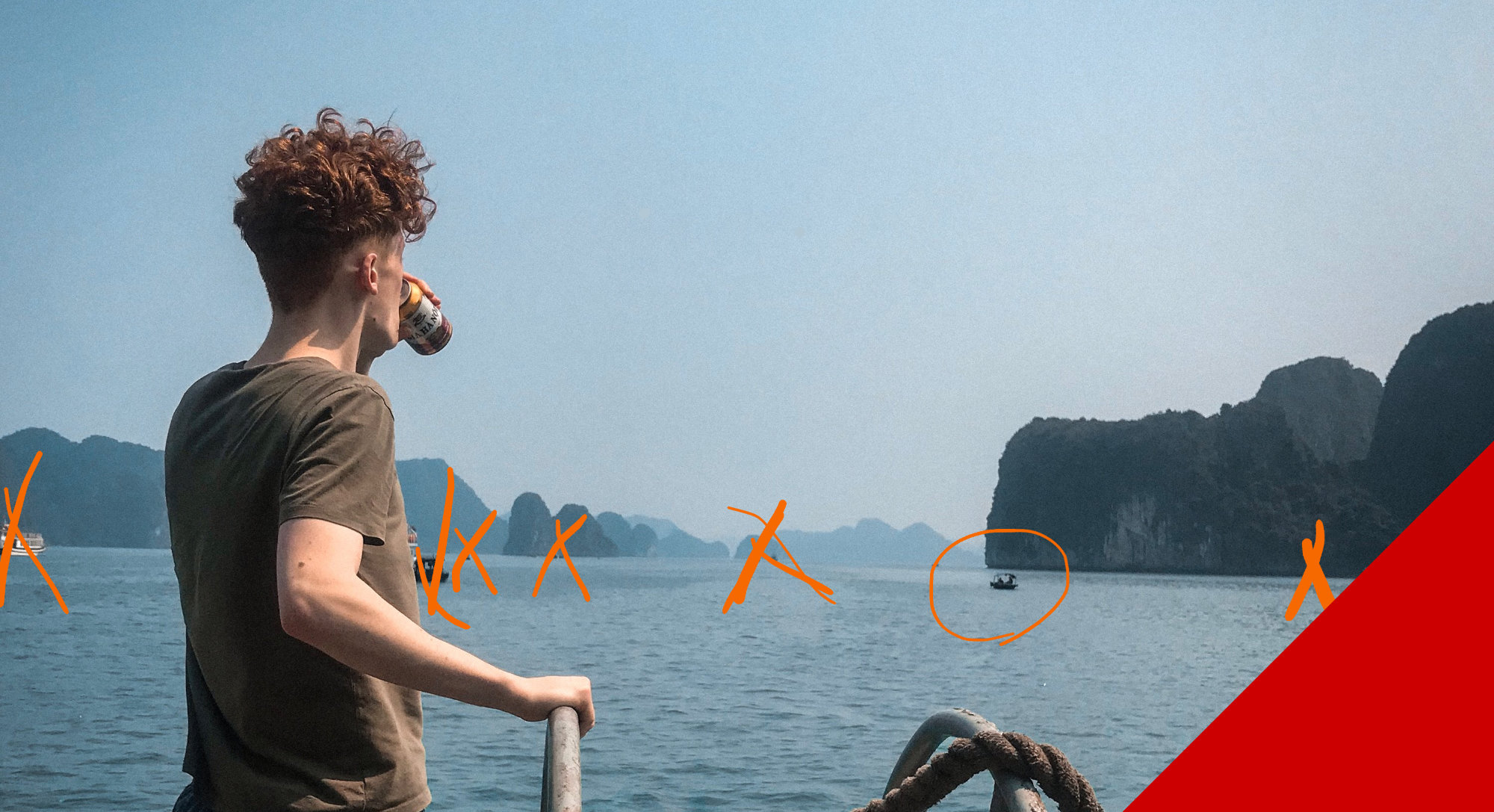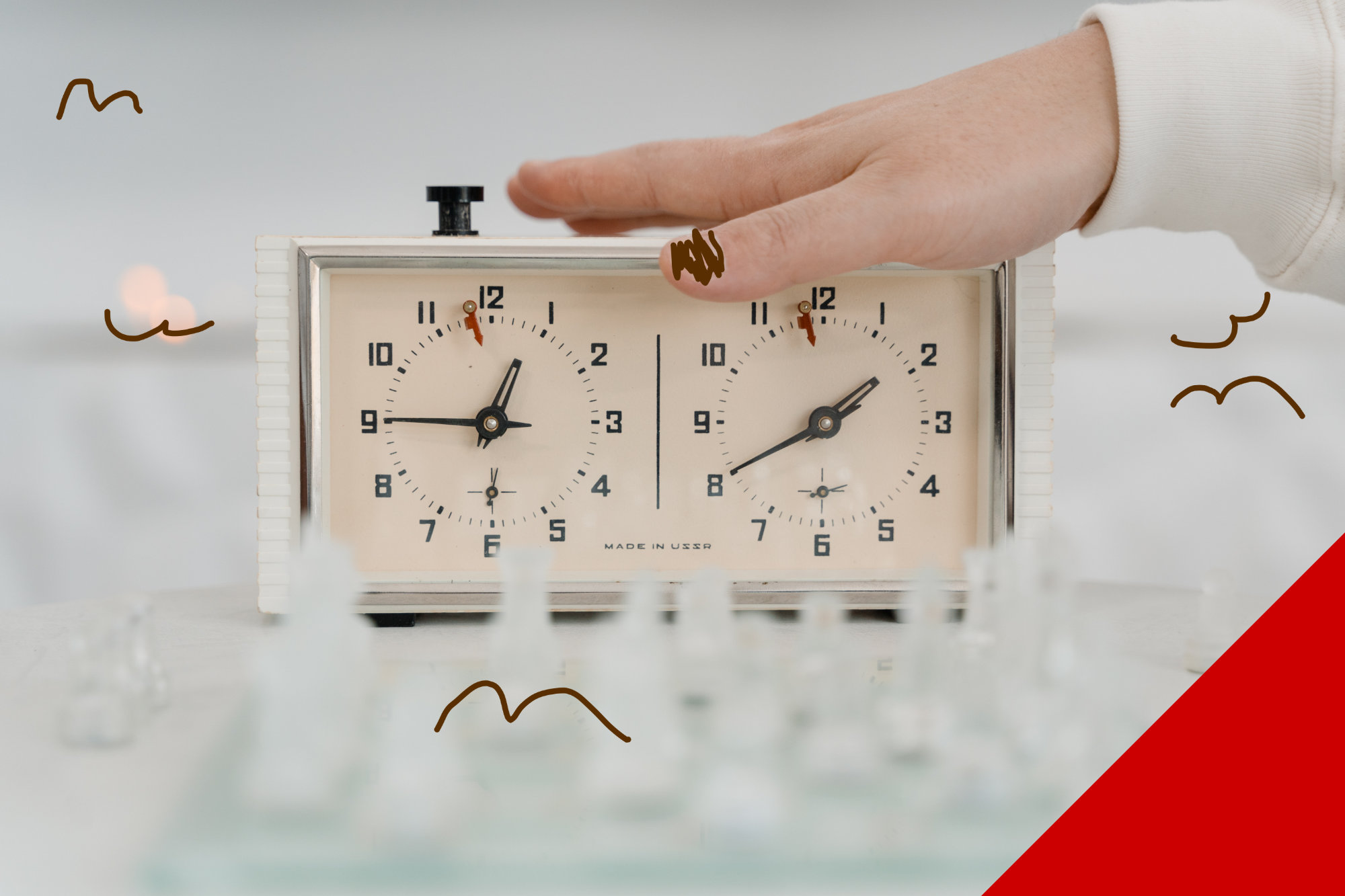
Here we are! People are canceling things all the time, showing up late, disappearing. Timelines are expanding forever and we don’t know what’s gonna come up next. The reason is not because people are worse. It’s not because we’re worse. It’s because we’re better. We are flying through a meteor swarm.
Space Sucks
I’m always taken out of it when, in spaceship movies, they’re flying through a meteor swarm or some other bunch of objects, and they’re acting like they’re driving a car. When we’re driving on the road, we know the rules, we have lines to follow, and we assume most of the other objects on the road are going to obey the rules. Meteors don’t GAF. Also, a car drives in two dimensions while a space ship is going in three + there’s yaw, pitch, and roll. About a thousand more things to think about even if you were driving through space at 65 miles per hour.
It’s too much
BACK ON EARTH… The reason we’re messing up so much stuff; the reason we’re so slow on everything suddenly; the reason we don’t have the gusto we had is that there’s more stuff and every stuff-thing is complicated. We now have the responsibility to evaluate how we’re doing things. We now feel the responsibility to make our own choices about everything and to do it right for everyone.
Shoes used to be easier
We used to go to a store or a shoe store and grab some shoes that
- looked good
Maybe there were 100 choices. We’re pretty good with 100 choices. Now, we have all the choices of the world. We can get them new, refurbished, preserved, custom, made to measure. We need to pick shoes that represent…
- who we are
- style
- who our social circles are
- what colors we will match with
- what status we’d like to project
- dress for the job we want
- our political affiliation
- the norm
- durability
- comfort
- ecology
- price
- medical concerns
- sense of humor
- personal fulfillment
- and much more
That’s just shoes. That’s just one small choice in our lives.
We want to be happy with our purchase. We know everyone else knows that we have every choice in the world, so if we mess it up, it must be because we’re dumb dumbs. It’s a lot of expectation. It’s a lot of pressure. This simple choice is not simple anymore.
It’s up to us
When we go through disturbing events like the pandemic, we’re not riding in a train anymore. We’re in a meteor swarm where every direction is an option and every obstacle is possible. We make thousands of decisions per day – from where to go for dinner to how to grab a door knob.
Now that we have more options than ever and a sense of more responsibility for making the world a better place, every one of these decisions gets heavier.
We cant solve it, and I don’t think we want to.
What we can solve is our impatience, or resentment of our new state.
- Forgive ourselves
- Forgive others
- Pick our battles
- Decide to not regret our decisions
- Remind ourselves of our mission
- Let go and give love
- Track our progress on one thing at a time
I repeat, this is the result of us trying to make the world a better place.
























